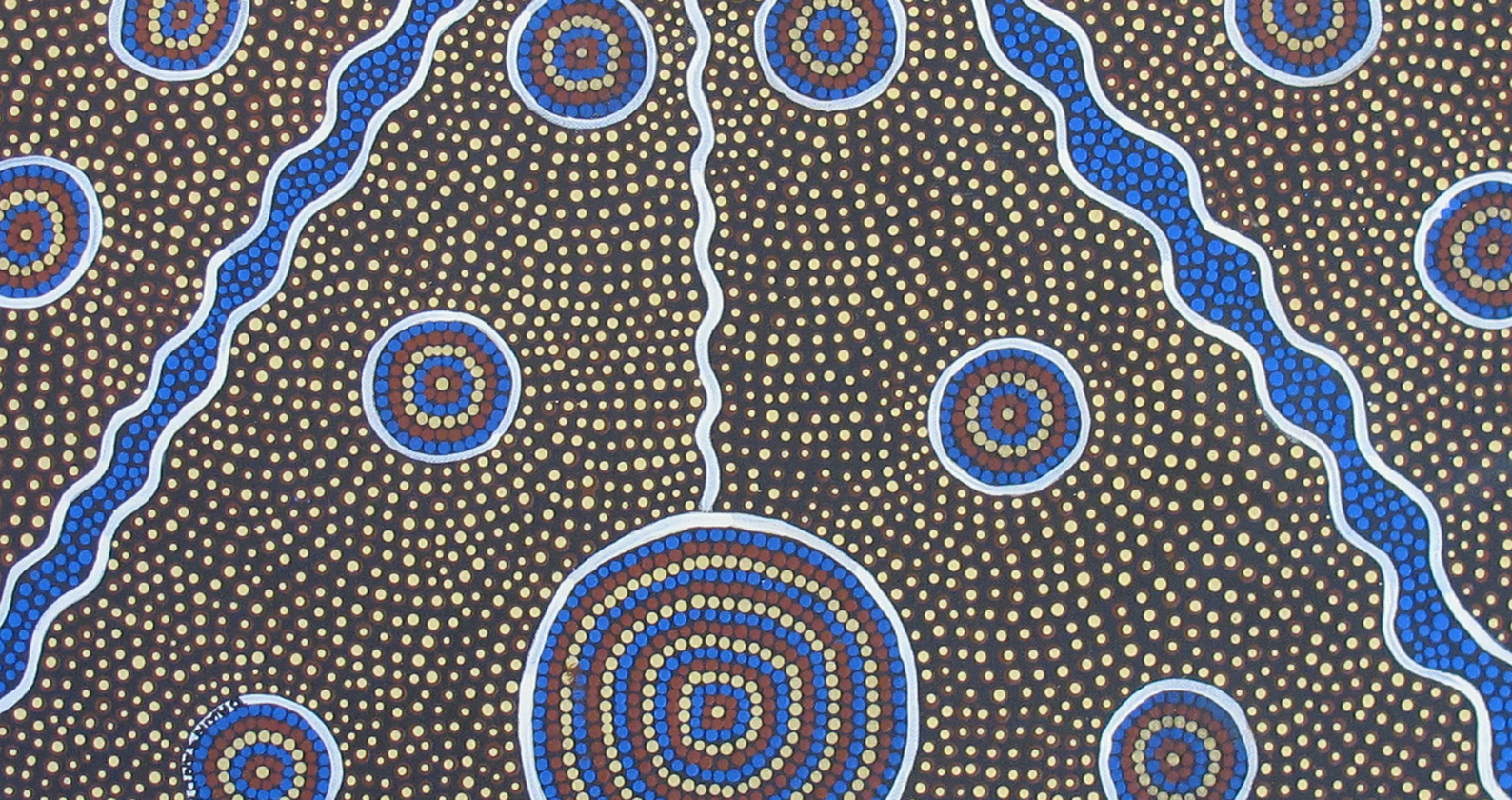Indigenous children need traditional culture to overcome stress

Researchers from Bankwest Curtin Economics Centre (BCEC) at Curtin University have found that Indigenous (sic.) children who are taught about their traditional culture are better equipped to overcome stress and are more likely to thrive later in life.
The research, which was recently published in the International Journal of Intercultural Relations, analysed data from Australia’s Longitudinal Study of Indigenous Children to better understand the link between the health and social wellbeing of Indigenous people and their connection to traditional cultures through country, kinship and knowledge.
BCEC Associate Professor Michael Dockery said “For a long time, Indigenous Elders have been telling us about the importance of passing on culture to their children and keeping their stories and language alive. Now there’s statistical evidence to support what they’ve been saying.”
“Our study found that Indigenous children whose parents promoted a strong sense of cultural identity in early childhood experienced better health and socio-emotional outcomes later in life. These findings suggest that an Indigenous child’s strong cultural identity acts as a protective barrier to many of the challenges that Indigenous people often face in later life,” he added.
While fostering a strong sense of identity involved parents passing on knowledge, pride and respect in kinship networks and family history, researchers also found that best outcomes were achieved when parents were supported by education settings to establish connections to country.
Parents establishing a connection to traditional country and passing on traditional knowledge, such as about bush tucker, ceremony and language, were also found to be key elements of passing on culture.
Yuat Nyoongar Elder and Associate Professor Michael Wright, from Curtin’s School of Occupational Therapy, Social Work and Speech Pathology, said the findings outlined in the paper aligned with his own research on the positive mental health benefits of culture and the reclaiming of language, adding that the importance of cultural knowledge extends beyond Indigenous Australians themselves.
“The first step to improving outcomes for Indigenous Australians is the recognition and privileging of an Aboriginal world view; in effect moving to a position of decolonisation. Knowledge and respect for culture and acknowledging our true history deepens respect and appreciation of an Aboriginal world view,” Associate Professor Wright said.
“Aboriginal people consistently confront a lack of understanding and recognition of the importance of obligation represented through kinship and connection of family and country, and that can seriously impede opportunities for Aboriginal people in many spheres of life.”
The findings, Associate Professor Dockery explained, support arguments calling for policies and practices that help to position culture as a tool to promote the psychological health of Indigenous people.
“Our findings suggest that a change in social attitudes and institutional practices to support and celebrate the maintenance of traditional Indigenous cultures and Indigenous Australians’ identification with their culture, particularly within the educational system, and the reversal of policies that are contributing to the disappearance of cultural practices, knowledge and languages would be beneficial.”
Popular

Policy
Practice
Provider
Quality
Research
Workforce
Beyond the headlines: celebrating educators and the power of positive relationships in early learning
2025-07-07 10:00:24
by Fiona Alston

Workforce
Policy
Quality
Practice
Provider
Research
ECEC must change now, our children can’t wait for another inquiry
2025-07-02 07:47:14
by Fiona Alston

Workforce
Quality
Practice
Provider
Research
Beyond the finish line: Championing child protection one marathon at a time
2025-07-08 09:15:32
by Fiona Alston













